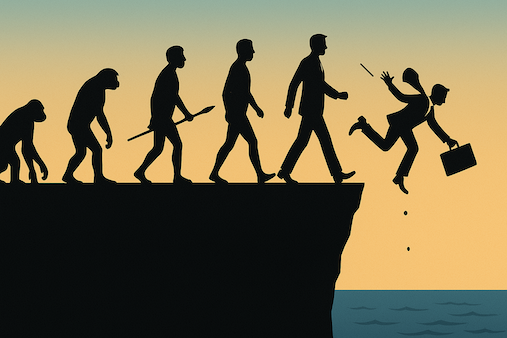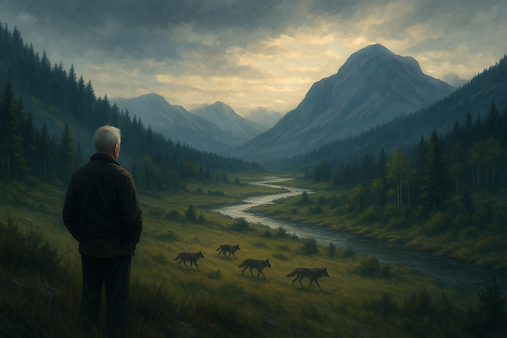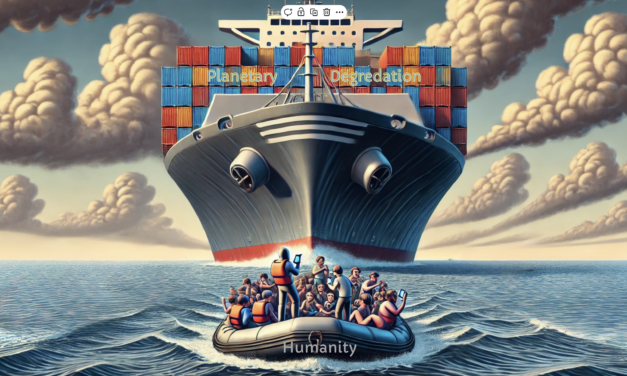The Tragic Ten-Thousand-Year History of Human Separation
For 200,000 years humans lived within Earth’s limits. In just 10,000 years of “civilization,” we separated from the feedback loops that sustain life. Each step—empire, science, industry—seemed progress, yet led us to the cliff edge. Now we must face the predicament, not chase impossible solutions.
Read More





